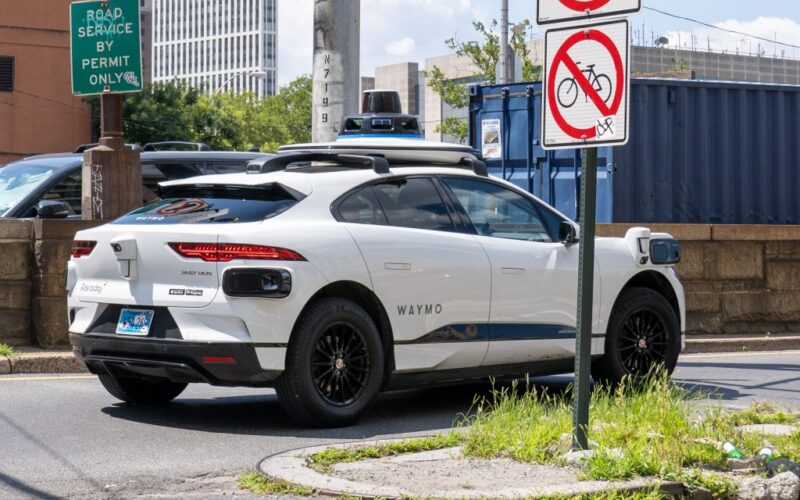The introduction of Waymo’s driverless cars into the NYC economy is just one more example of the growing trend toward underemployment. Not long ago, government inaction destroyed the value of the taxi medallion, which once offered some an entry into the middle class. That value collapsed, and drivers’ hopes went into the dustbin of history.
Uber and Lyft sold a myth of freedom and no cost of entry, quickly creating a group of indentured servants where only corporate ownership has power. The result for drivers has been more hours, less pay, and no job security.
If my recent trip out West is any foreshadowing, driverless vehicles will soon erase these jobs, too. You cannot blame the corporations — why ask a scorpion to be anything but a scorpion? Their obligation is to profits and dividends. They are not running a jobs program.
It’s not just driving jobs on the chopping block. Capitalism demands lower labor costs. Robotics and AI are accelerating this trend, leading to fewer and fewer jobs.
I wasn’t shocked when, in California, I saw a procession of unsupervised carts rolling down the streets delivering food. No delivery people, no e-bikes scrambling to make a drop, just carts. It was clear that jobs created by Grubhub, Instacart, DoorDash, and Seamless — so plentiful now — will soon be replaced by drones and those same unsupervised carts.
Small business entrepreneurs are also facing shrinking opportunity. For 20 years every developer I know built ground-floor commercial space into their projects. That rent became baked into the spreadsheets and essential to making the numbers work. The decline of drug and hardware stores was already a decades-old story. Yet developers kept filling space, so they kept building.
Since COVID that model has collapsed. Fewer office workers means less foot traffic. A generation has learned it can survive without suiting up. COVID fast-tracked structural changes that further reduced job creation. After a lifetime of going to the mall and “squeezing the Charmin,” even the most reluctant Baby Boomers embraced online shopping. In New York City, only the craziest still go out for paper towels.
The truth is we hardly shop for anything anymore. Aside from eating out, urgent medical care, or buying cannabis, who is moving into those ground-floor spaces? Few people under 40 shop for clothes in stores. They know their brand, their size, and have embraced the convenience of never going. Once shopping is no longer a Sunday activity, the strip mall is dead — and so are those jobs.
The scarier thought is that not one developer or business leader I know has an answer for what makes sense to open instead. Yes, there will always be restaurants, but we all know the economic gamble of that game.
Now AI threatens millions of higher-income, white-collar jobs. The optimists call it productivity and profit. But no law firm will expand next year’s law clerk budget any more than typewriters created new secretarial jobs. There are no replacements, and combined with the devaluation of intellectual property, all that law school debt — or any higher education — looks increasingly precarious.
Recently I asked my brilliant law school-attending nephew an obscure legal question. He didn’t know. It took ChatGPT five seconds. It’s hard to quantify how many jobs will be lost when writing and research time collapses.
Welcome to post-capitalism. Machines replacing humans is nothing new, but capital keeps getting better at it. It is no coincidence that we have a generation that wants to work less. That’s good for capital. There are no jobs.
Many young people now see work as prison. They look skeptically at those who devote more time than necessary to jobs. For them, the goal is to pursue fulfillment, not consumption. Material gains don’t drive happiness, and they are repulsed by the culture built on buying more.
This begs the question: how will we feed, clothe, house, and provide health care to the next generation? Right or left, everyone knows government will have to step in — or pay the price. Scandinavia has experimented with Universal Basic Income, and the UAE has been providing stipends for years. It is just a matter of scale and degrees. But those models do not provide all the answers.
To deny the obvious is to invite falling living standards and increasing civil unrest. It is time we started asking the right questions. Failure to do so will come at our peril.
Levenson is founder and president of The Advance Group, a strategic consulting firm.








